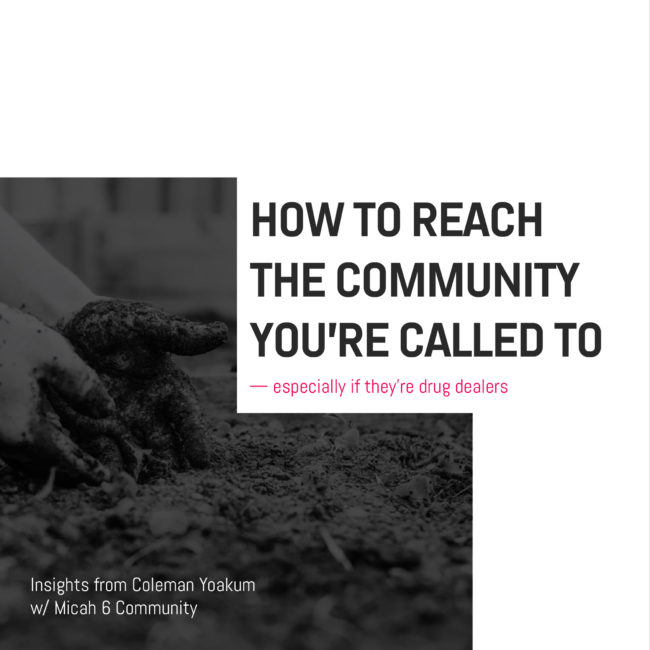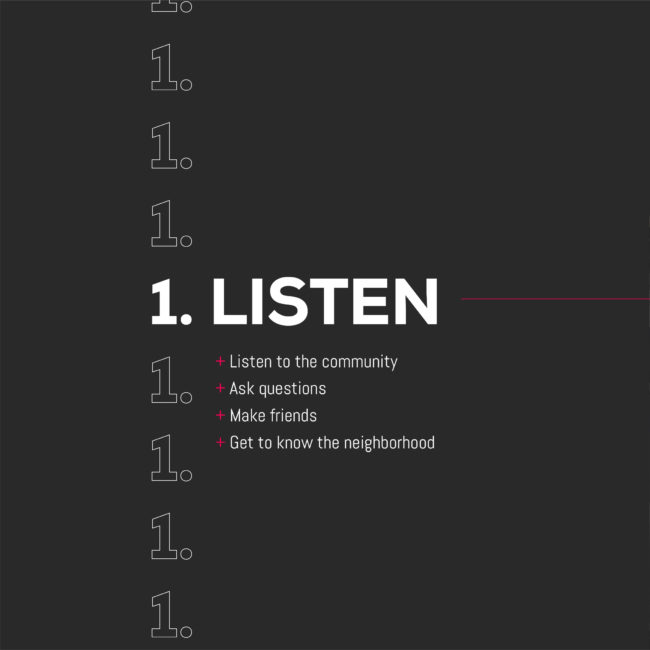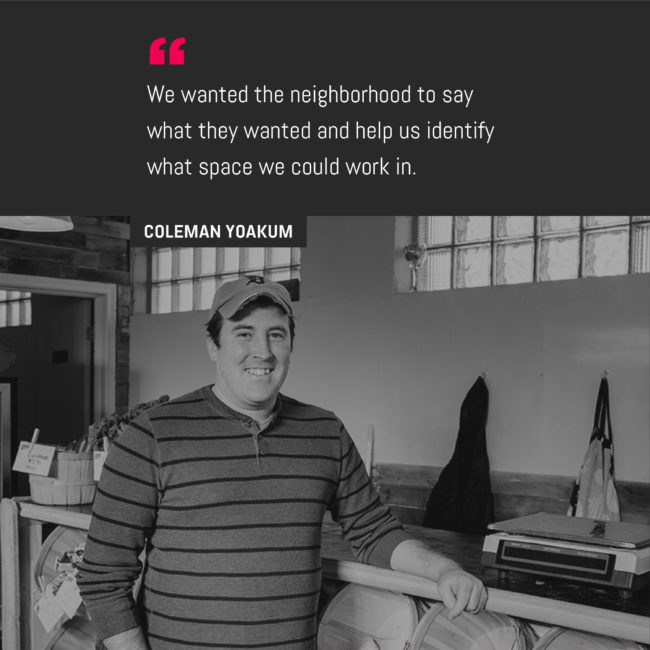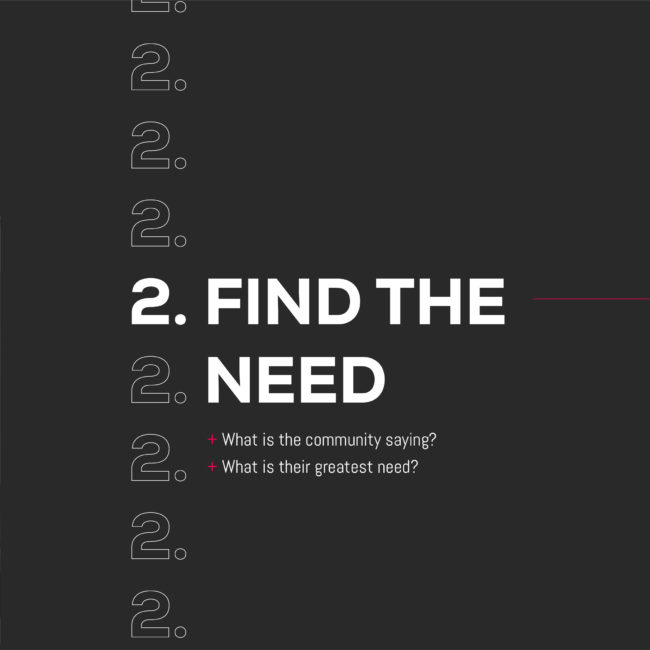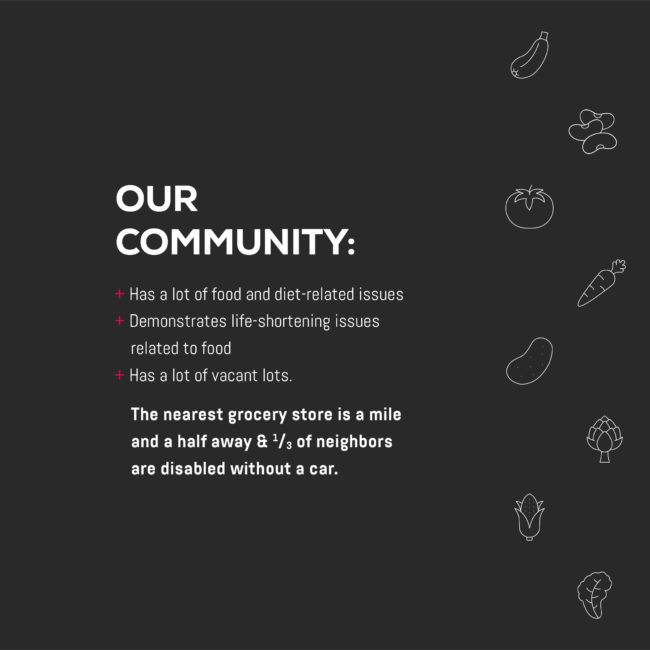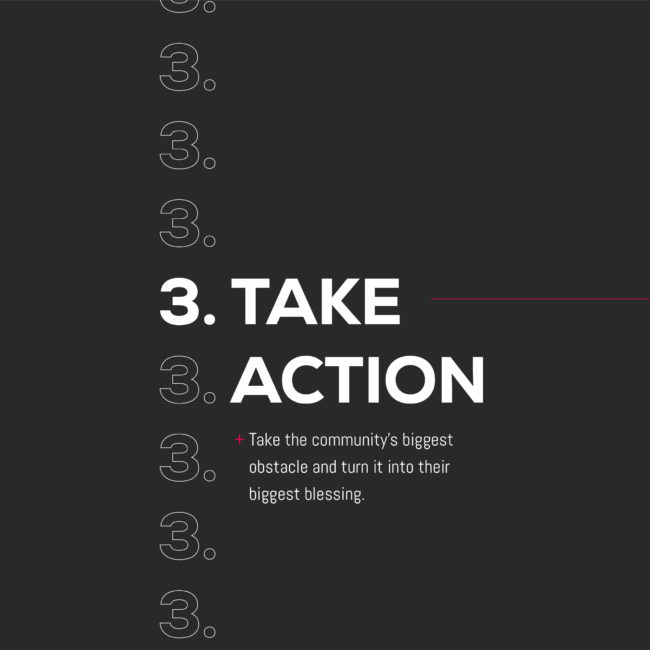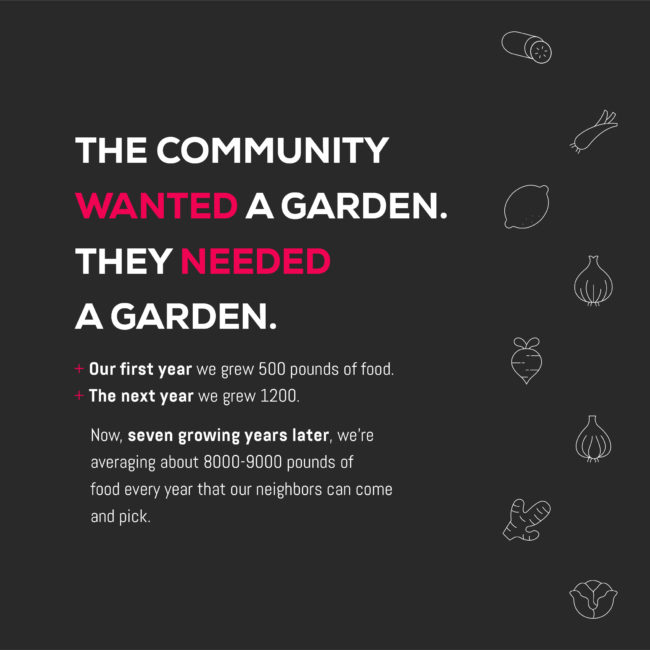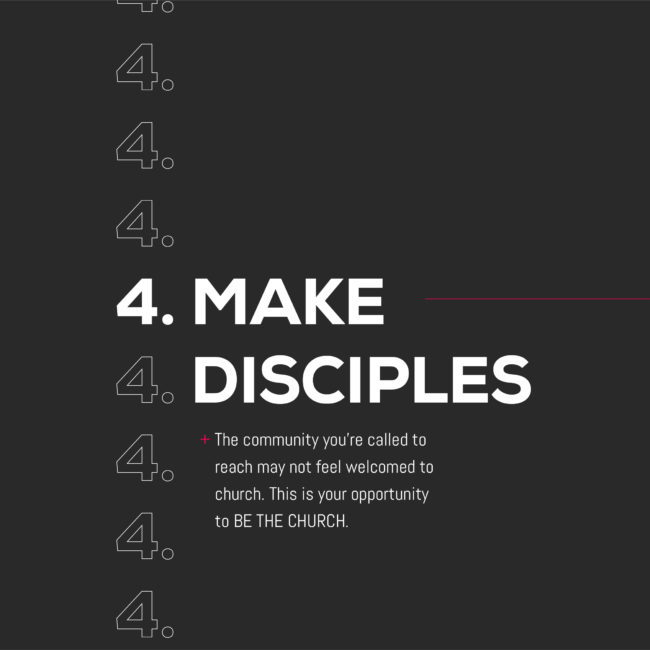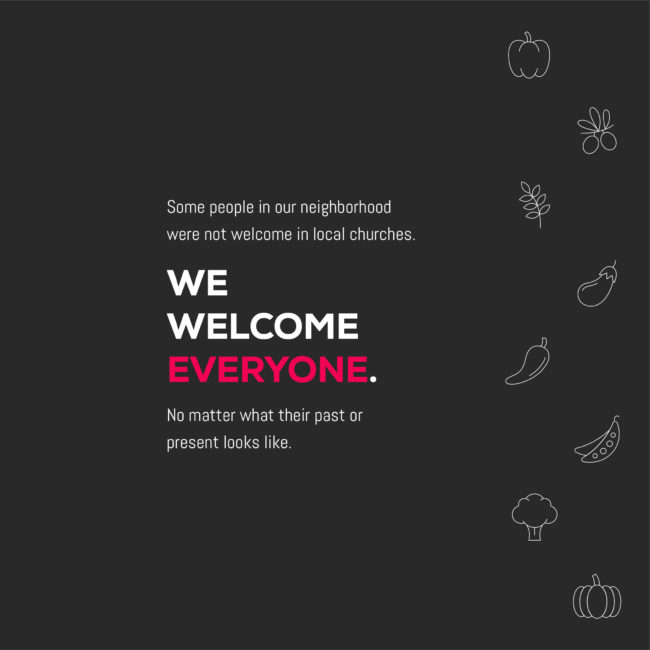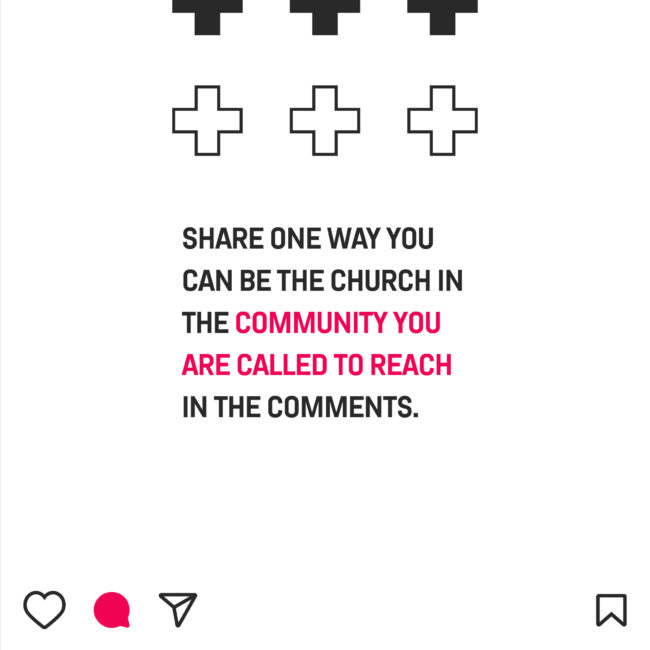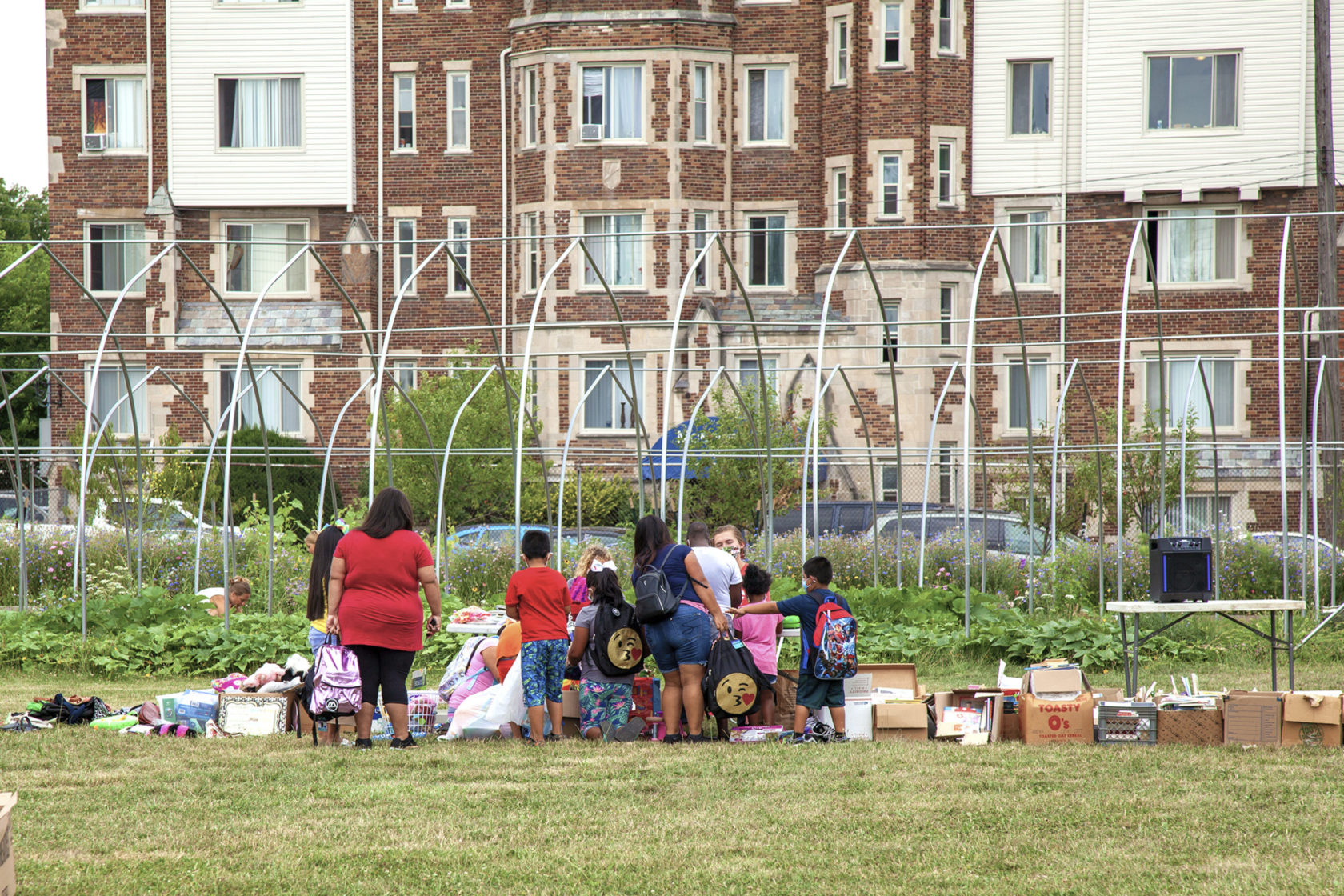
A Church of 80 with 150 Volunteers: Q&A with Steve Pike and Coleman Yoakum of Micah 6 Community
How Nicotine Fellowship, $0 Tithe, and Walking Dead Marathons Produced a 17 Million Dollar Community Center
By: Kirk Hadden | Case Studies Church Planting Habits & Culture
Church Planter Cole Yoakum on Making a Difference Where You Are
This video comes from the Next Wave Community, an online community for people starting churches in hard places. Created by Steve Pike in collaboration with ArtSpeak Creative, it serves leaders planting churches right now, especially those in “hard places.” (In the 21st Century, all places are hard places.)
Above is a Next Wave Community Meetup with Coleman Yokum. He’s the executive director of Micah 6 Community in Pontiac, Mich. A city that lost nearly all of its industry in a moment, Micah 6 has created gardens, food markets, a community center, jobs, and more. Not only are they growing food, they’re growing a congregation.
And if Coleman inspires you, you’ll enjoy his Tedx Talk, “Why Partnering with Drug Dealers Will Enhance Your Community Work.”
We’ve drawn the questions and answers below from this excellent conversation between Steve and Coleman. We’ve edited it for readability and length. Watch the video above for the entire discussion, including Micah 6’s Nicotine Fellowship and adult-only services for registered sex offenders.
Related Resource: Free Month to the Next Wave Community»
Church planting 101: Getting established in a new neighborhood
Steve: In 2011, after you graduated from college, you and some friends had some really crazy ideas you decided to pursue. And that led to what is now known as Micah 6 Community in Pontiac, Mich. Tell us the story of how Micah 6 got started.
Coleman: As my friends and I were coming up on graduation, the idea of working at a church, and office hours, and khakis — that all sounded pretty miserable. And so we said, let’s just move somewhere like this and do this for real.
I was just like, no one says anything good about Detroit. I’ll just go there. And I sold everything that didn’t fit into my car, and I drove to Detroit.
We got pulled into a lot of things in Pontiac. We moved here to a six-bedroom, 2,800 square foot duplex for $9,000.
When we were at that house, a guy walked in and said, “You’re thinking about buying this house, you need to know somebody got raped on this porch two weeks ago. And that’s the kind of place you’re in right now.”
And you know, my real estate agent, was like, “Well, there goes my sale.” My cute little girlfriend at the time was like, “Get me out of here.” And I said, “Perfect, this is it. This is where we need to be.”
And so we bought the house, called all my friends, and said, “I’ve moved to Pontiac, Michigan. Come do this!”
Free Download: Church Plant Timeline»
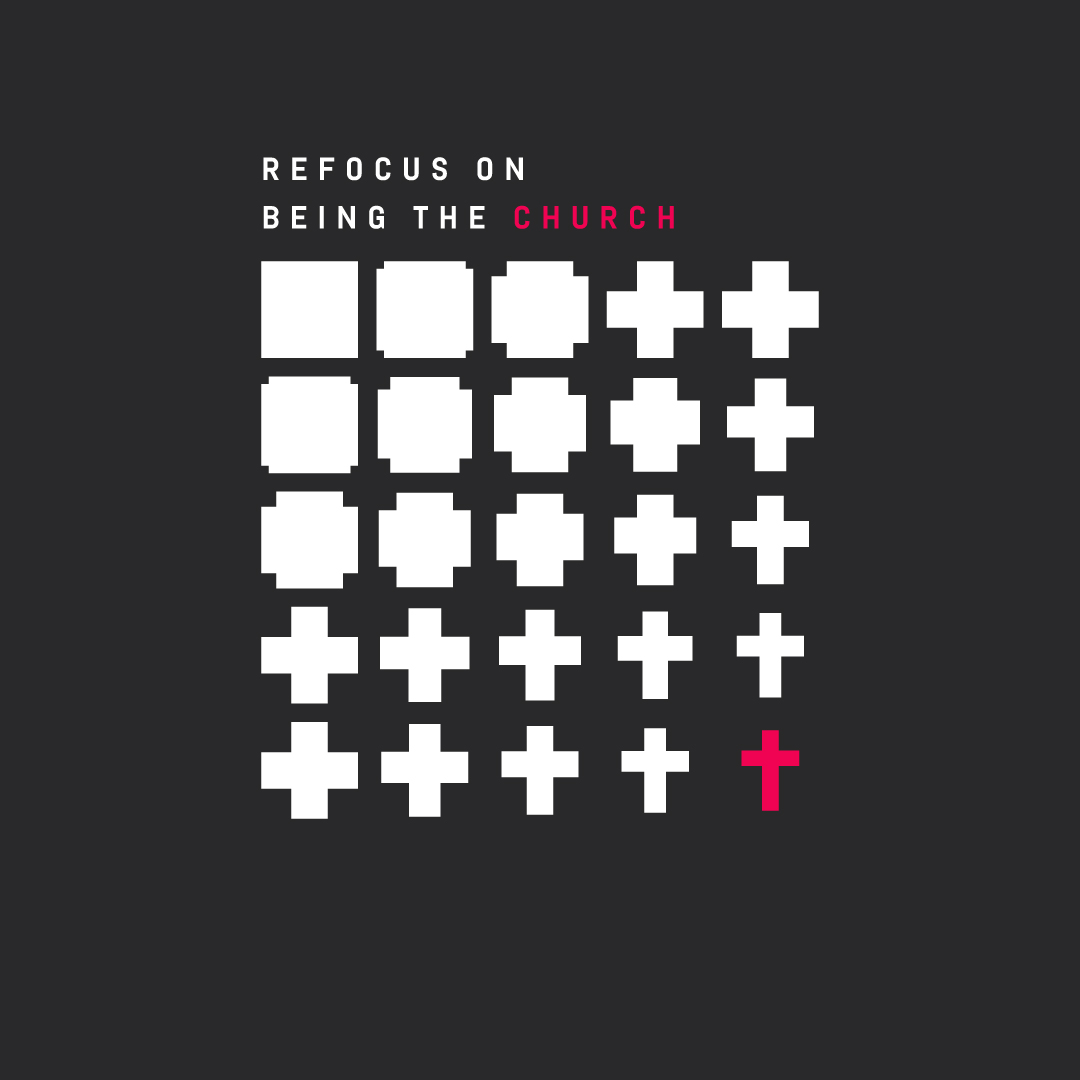
Listening to the Community You’re Called to Reach
Coleman (cont.): We’re just gonna hang out and listen for a year, ask a lot of questions, make friends, get to know the neighborhood. And we figured out pretty quickly, a third of my neighbors are disabled. The average person in my neighborhood is a 47-year-old woman on disability without a car. The nearest grocery store is a mile and a half away.
We have a lot of food and diet-related issues in my neighborhood and demonstrable life-shortening issues related to food. And we have a lot of vacant lots.
We asked our neighbors if they wanted a garden. Turns out our neighbors knew how to grow stuff.
That first year we grew 500 pounds of food. The next year we grew 1200. Now, seven growing years later, we’re averaging about 8000, 9000 pounds of food every year that our neighbors can come and pick.
Then we take the extra, bag it up, and hang it on doorknobs and apartments around the neighborhood. So a lot of times, we’re feeding people before we ever actually meet them, which is pretty cool. And we’ve been doing that now for nine years.
We’ve expanded, so now we own a vegetable store that creates jobs. Out of that came a church.
Related: Church Starter Engagement Calculator»
“Everyone who wants a bike can have a bike.”
Steve: Why did you listen for a year?
Coleman: There’s a saying in social work: “Whatever you do for me, without me, you do to me.” And we did not wanna be a group of people who were doing things to people or to a neighborhood.
So we really wanted the neighborhood to say what they wanted, to help us identify what space we could work in. That’s still going.
Two years ago, we had our first neighborhood Bike Day. Bike Day came about because we figured out the most common items stolen in our neighborhood is a bicycle. That somebody’s bike breaks down, so they steal someone else’s.
That’s someone’s ride to work. That’s some kids’ recreation. So they get stolen a lot.
We had this weird idea of like, okay, well, what if we flood the market? What if we just inject 500 bikes into this neighborhood? Maybe we can get rid of this bike theft problem.
And so we’ve done that for a couple of years now.
The rule is that anybody who wants a bike can have a bike — and even bring a bike, and we can fix it up.
And bike theft is down. People can leave their bikes outside now because everyone who wants a bike can have a bike.
“Do not bring those people here.”
Steve: Part of what you want to do is see people in your neighborhood begin to follow Jesus. And not only is Micah 6 Community helping make Pontiac a better place, but there’s a church and a community of believers that’s connected to this.
Tell us about that. When in the process did that start to emerge as something identifiable as a community of believers, and what does that look like?
Coleman: Pontiac is 22 square miles, and there are 200 registered churches in this town.
We don’t need another church.
So when we moved here, we said we might just do small house Bible studies. And we were okay with that.
We have a lot of homeless people who are squatting in vacant houses that are basically roofs over their heads, but they don’t have any heat, water, and electricity.
So we just started living with our door open and just said, “Anybody can come in and cook food, hang out, charge their phones.” And so for a long time, if you walked into the house, there’d be four or five homeless people hanging out. They helped in the garden, took showers, and cooked food.
Pretty quickly, that group of folks — largely homeless, struggling with either disability, or schizophrenia, and other disorders — (we learned they) were not welcome at the churches in our neighborhood.
And we had lots of conversations with these local pastors and heard, “So what you’re asking is if we would like a large influx of homeless people in addiction, who are largely unpredictable, and a good number of them are sex offenders. You’re asking if we would like an influx of that kind of people?”
And we said, “Yes.”
And they would say, “No, do not bring those people here.”
And so we sort of found this niche of people in this town where there are a ton of churches who really were not welcome in any church.
Related: What Every Church Planter Should Understand About Marketing»
(This is where the Walking Dead Marathons come in.)
Coleman: We started with a little Thursday night Bible study. But because there are a number of missions and churches that serve meals five days a week, our folks were going, “If you did Sunday, then we could have meals six days a week.”
And so it started at 9 o’clock in the morning. That didn’t go anywhere. We finally bumped it up to 5 pm, and we got five people there.
We were like, okay, well, maybe this isn’t necessary.
Then there were two homeless friends of ours, Sam and Leah. They were heroin addicts, a lesbian couple who lived in a vacant house down the street.
They first started coming over to watch “The Walking Dead.” So every Tuesday night was “Dead Night”. They’d charge their phones and make ramen noodles or whatever.
We would do that with them, and then they just kind of started hanging out every day. And that was great.
Then one day Sam comes down the street. And she says, “Hey, Leah hasn’t moved in two days.” So we took her to the emergency room.
After a couple of hours, the doctor came out and said, “Listen, her injection site had gotten infected. She had an infection in her blood. She has to stay here for about a week. This will be a really great time to organize an intervention.”
I got her phone and called the number labeled “Daddy.”
And he said, “This was probably really scary for you ‘cause it’s the first time you’ve seen that. But after the third or fourth time, you get over it. I’m not coming.”
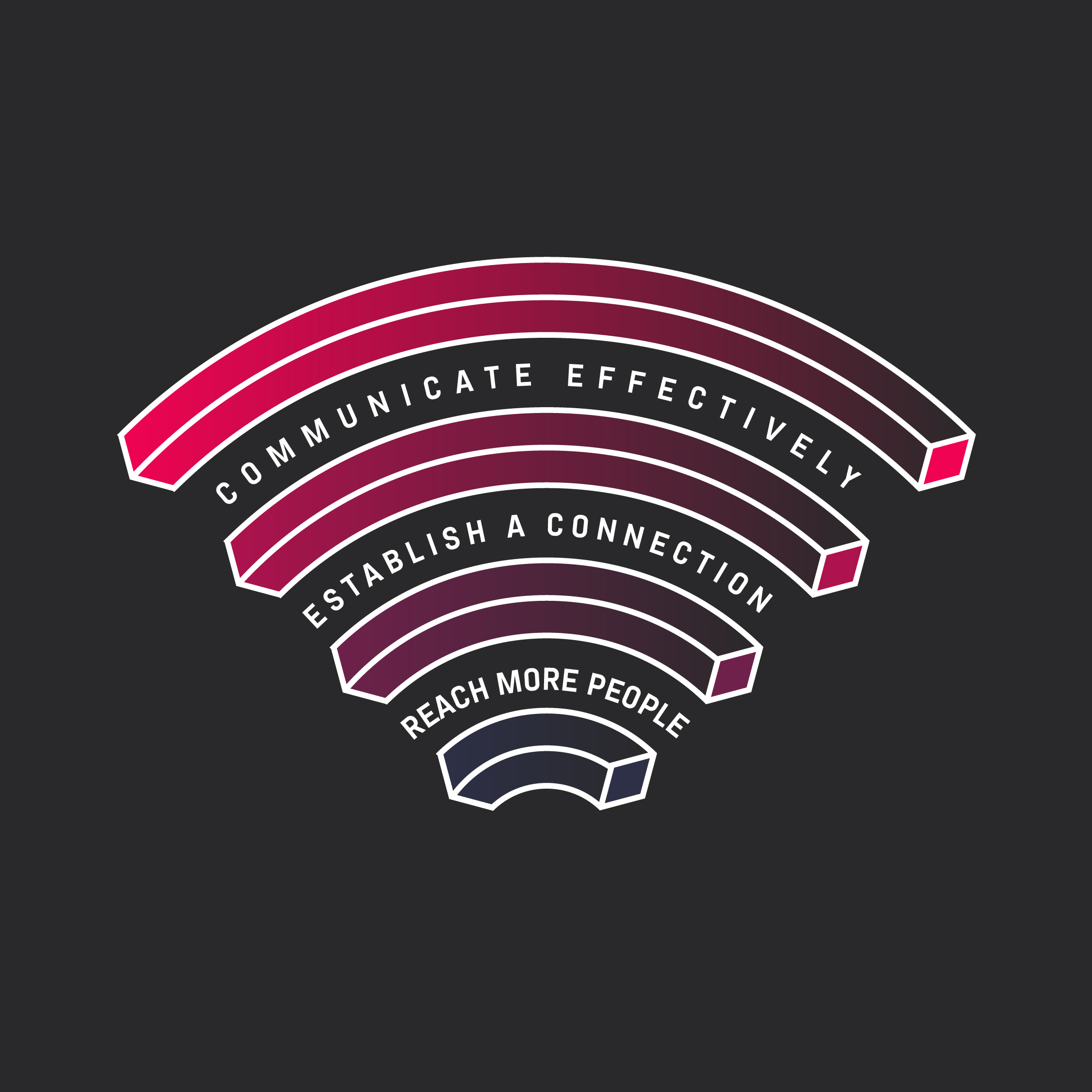
“Is that a place I can go?”
Coleman: After Leah got out, she went back to using. At that time, our church started really growing.
We didn’t understand what was happening at the time, but Leah was using (heroine) on Saturday and telling people, “I can’t get too messed up because I’ve got church tomorrow.”
Leah’s friends would say, “You’ve got church tomorrow? Your pastors must not know that you’re doing this.”
And she says, “No — if anyone knows what my life looks like, it’s Coleman and Dylan” (Micah 6’s church plant director).
And that started leading to, “Well I’m an alcoholic. Is that a place I can go?”
And, “I’m a sex offender. Is that a place I could go?”
And so the first wave of people who really joined our congregation were Leah’s friends that she’s using with a couple of days a week. So our church is largely folks in addiction — and usually in stage one active addiction.
Related: Refreshing Your Metrics for Church Planting»
“We’ll never collect a sustaining tithe.”
Steve: One of the reasons people don’t go to places like these neighborhoods is it’s hard to generate profit out of the neighborhood itself. You guys have been there for a decade now. What have you learned about how to sustain yourselves?
Coleman: We’ll never collect a sustaining tithe from our congregation of mostly homeless folks. And it’s never been our style to beat people over the head with the widow and two mites story.
The food work (and employees are) all funded by grants and foundations. And that’s all paid for.
And then the church is kind of what we do as sort of our outside thing. But it’s absolutely among all the people that we’re serving. They’re the first calls we make when we have produce available. They’re the first people we look at when we have funding to hire someone.
The next big project: We are renovating a vacant elementary school to turn into a community center. So that is a $17 million renovation. We are most of the way funded.
Steve: You have 80 people in your church. But this weekend you have a project that involves 150 volunteers. Give a quick summary of how that developed.
Coleman: Pontiac is in one of the 22nd wealthiest counties in the country. For better or worse, there’s a lot of guilt in these surrounding communities.
And a lot of adults that won’t come themselves have no problem sending a youth group. So a lot of youth groups over the years who’ve come and worked in the gardens with us.
When we were pretty cash strapped as an organization, we had a ton of volunteers. And we sent them to a lot of partner organizations that are also doing really great work in the city. That really elevated our profile quite a bit.
When we reached out to apply for our first grant with the Michigan Health Endowment Fund, the lady said, “Oh my gosh, I’ve been waiting for you to apply. You’ve been listed as a partner on these grants for years, and I’m so glad to finally meet you, and hear what you’re doing, and see that you’re actually applying for a grant.”
And that’s happened over and over again.
Are you a church planter needing more conversations like this one?
This video conversation comes directly from the Next Wave Community. It’s a place for people interested in learning more about being the Church in challenging areas. It’s a real-time peer learning community with people planting churches right now.
Besides daily interactions among a community of church planters, Next Wave has weekly Community Meetups like this one.
Besides Coleman Yoakum, they’ve also featured Mark Batterson, Alan Hirsch, Doug Clay, and a variety of church planters and innovators.
Additionally, Steve hosts a Community Workshop one night a week. They take a “pain point” one of the members is currently experiencing and crowdsource the solution.
To learn more and get a free month to the Next Wave Community, click here»
